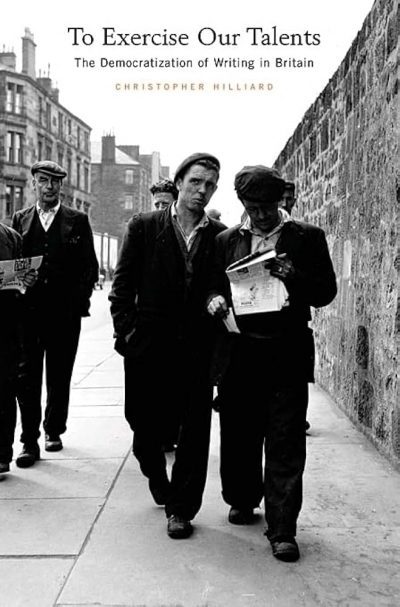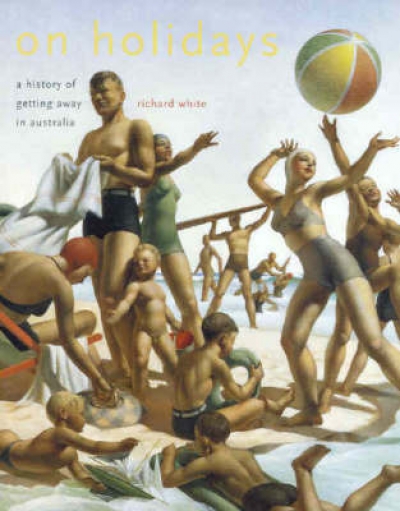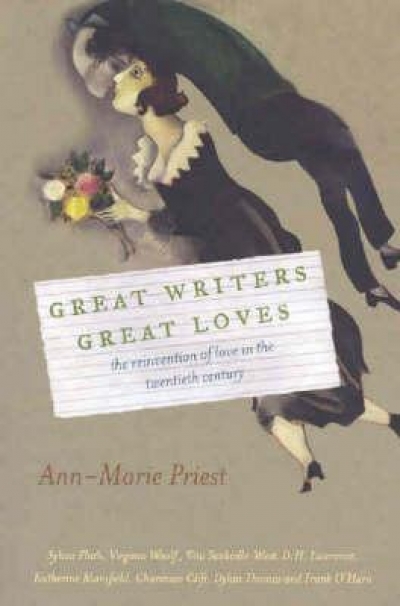Archive
We came for a death,
climbed the highest mountain
cast ash
reclined on a granite slab,
our old faces tinted rose
pinked by a collapsing sun.
And for our mate, scattered about us,
grey wafers for our communion,
a slow recitation of the mountains spread,
Miklos Radnoti, marched from forced labour
in Yugoslavia back into Hungary, came to rest
near a bend in the Radca, at what his translator
describes as ‘a strange lonely place’ where
Vale Byron Bay by Wayne Grogan & Tuvalu by Andrew O’Connor
Life’s not easy when … (fill in the blank according to your main story issue). It is a line that appears frequently on back covers and in press releases for junior fiction. But life is getting a lot easier for parents and teachers of reluctant readers who would far rather race around with a ball than curl up with a book. With the arrival of the sports novel, they can now read about somebody else racing around with a ball – or surfing, swimming, pounding the running track, wrestling, or cycling (the genre covers a wide field). Balls, however, seem to predominate. And problems. Life isn’t easy for publishers without a sports series. Hoping to emulate the success of the ‘Specky Magee’ books written by Felice Arena and Garry Lyon, publishers have been busy throwing authors and sport stars together, one to do the creative business, and the other to add verisimilitude and sporting cred.
... (read more)To Exercise Our Talents: The democratization of writing in Britain by Christopher Hilliard
On Holidays by Richard White & The Cities Book by Lonely Planet
Careless by Deborah Robertson & Madonna of the Eucalypts by Karen Sparnon
Wet Ink, Issue 1 by Phillip Edmonds and Dominique Wilson & Wet Ink, Issue 2 by Phillip Edmonds and Dominique Wilson
Great Writers Great Loves: The reinvention of love in the twentieth century by Ann-Marie Priest
You set down orange, with a dab of blue
and this grows into art
of a non-offender’s kind,
innocent as a fart in the footy crowd.
Meanwhile, the killing stumbles on





